October 25-26, 2012
Before the National Council on U.S.-Arab Relations launched its first Annual Arab-U.S. Policymakers conference in 1991, we asked numerous American policymakers a single question:
“What bedevils you the most in your tasks to recommend effective policies?”
The answers differed only slightly from one person to the next. A common theme running through all the responses was, and I paraphrase, the following. The “W” questions are ones that policymakers deal with all the time. In and of themselves, they are difficult enough. They include the following:
“What” needs to be done;
“When” does it need to be done;
“Why” does it need to be done;
“Where” will we likely be if we do this or if we do not;
“Who” needs to do what; and, sometimes even,
“Whether” something needs to be done.
But the most difficult questions of all, the ones policymakers inform us they find most vexing, are “How” questions, for these, unlike most of the others, cannot be answered with a yes or no. Rather, the answer to each comes with a cost.
Background, Context, and Perspective
- Sometimes the cost is political, as when leaders of an administration’s political party or a government’s most important advisers or constituents are certain to put their foot down and say no.
- Sometimes the cost is financial, as when it is pointed out that there are no funds allocated, authorized, or appropriated for that which is recommended.
- Sometimes, as for examples in rejecting the requests of senior armed forces officers in the field for the mobilization and deployment of more troops, the cost lies in having to admit that the requisite competent human resources to implement a policy recommendation simply do not exist.
- Sometimes, as for example in countering Improvise Explosive Devices used against U.S. and Allied forces in Afghanistan and Iraq, the cost is one of technology, equipment, and/or structures or systems that do not exist or, if they do, would have to be transferred from where they are to where they are needed more at what, arguably, would be a prohibitively high cost in terms of time, effort, and money.
- Sometimes the cost is in credibility, as when an administration or government is on record as being strongly opposed to exactly what someone has just recommended as a solution or a palliative.
- Sometimes, as for example in the case of Immediate Past President George W. Bush’s decision to invade Iraq, a country that had not attacked the United States, the cost is moral in the sense that it clearly violates the Golden Rule of Do not do to others what you would not have others do to you.
- Sometimes, as for example in the aftermath of one of the recent presidential debates between President Barack Obama and his Challenger, former Massachusetts Governor Mitt Romney, the cost could be a sharp downturn in the public approval rating of a president, premier, or head of state.
- Sometimes the cost might be a definite setback to the country’s image and the degree of trust and confidence it seeks to cultivate and maintain among its allies.
A Public Service as Well as Food for Thought
With this as background, context, and perspective, there follows a series of questions relating to contemporary Arab-U.S. relations with which policymakers on one side or another, and sometimes both sides, grapple daily. They are provided in the spirit of a public service not only to the policymakers entrusted to improve Arab-U.S. relations and not make them worse. They are also offered as food for thought for intellectuals, scholars, teachers, students, analysts, investment strategists, and specialists in public policy research institutes in addition to many others eager to enhance their knowledge and understanding of the state of play in Arab-U.S. relations.

John Duke Anthony
Founding President and CEO
National Council on U.S.-Arab Relations
Eight Categories of “ HOW” Questions
DEFENSE COOPERATION DYNAMICS: Enhancing Regional Security.
ENERGY:Policymaking Dynamics of Sources, Supply, and Security.
POLICYMAKING CONSIDERATIONS REGARDING REIONAL GEOPOLICAL DYNAMICS: Iraq and Syria.
POLICYMAKING CONCERNS RELATED TO REGIONAL GEOPOLITICAL DYNAMICS: Arab North Africa.
POLICYMAKING CHALLENGES PERTAINING TO REGIONAL GEOPOLITICAL DYNAMICS:The Palestinian Future.
POLICYMAKING OPPORTUNITIES REGARDING BUSSINESS, FINANCE AND HUMAN RESOURCE DEVELOPMENT.
DEFENSE COOPERATION DYNAMICS: Enhancing Regional Security
How might an American or Israeli attack on Iran affect U.S. interests and U.S. personnel in the Gulf region?
How can the U.S. devise a mutually beneficial strategy toward the Arab world in pursuit of legitimate American national security interests?
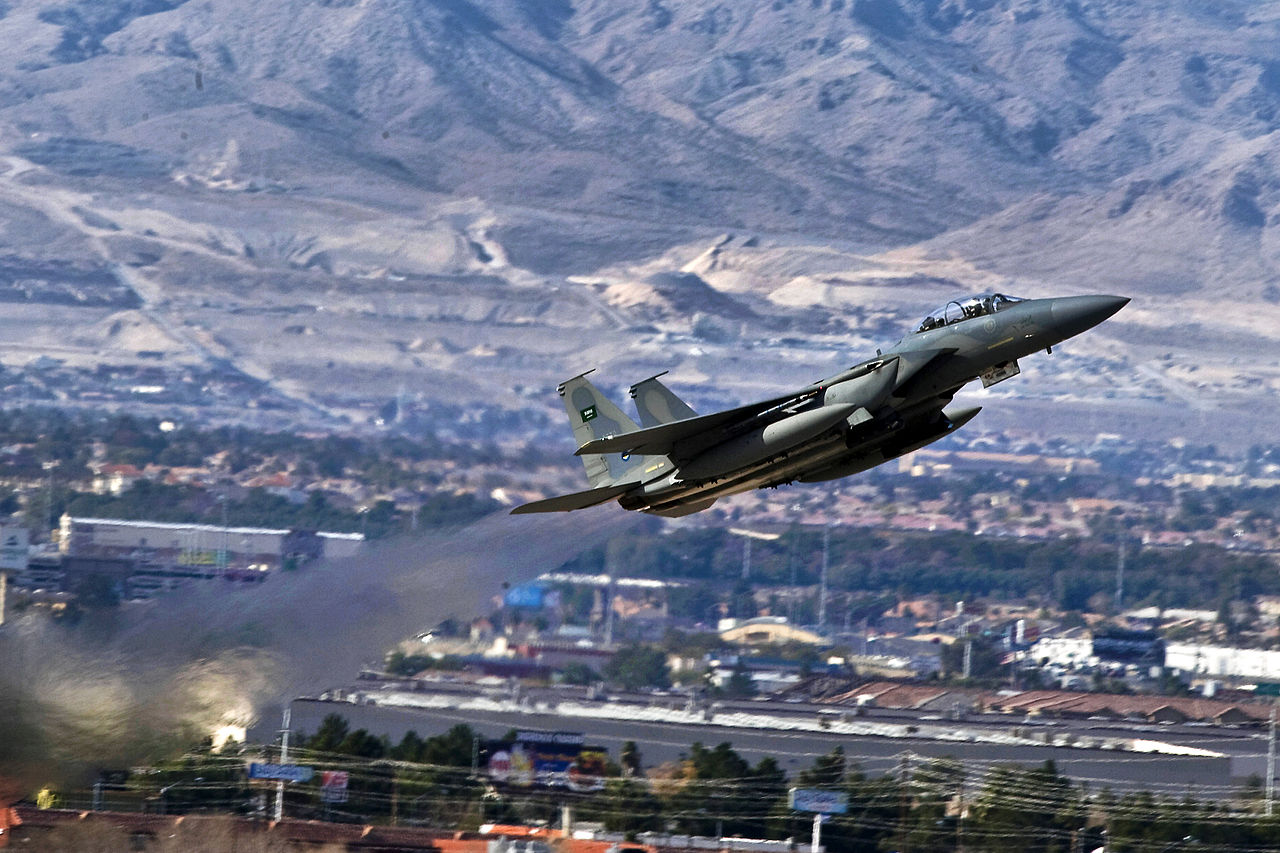
How do military sales by U.S. defense contractors to Arab countries impact the U.S. and Arab job markets?
How can the GCC develop a unified plan to respond to threats and military actions from Iran – on their own, within a collective framework among themselves, and/in concert with an association with a broader out-of-region alliance?
How can the U.S. better work with its Arab partners, friends, and allies to assist with their military and defense security assistance planning?
How can the United States best respond to the charge made by many in the Arab world who perceive the nature of various United States policies towards Israel-Palestine, Syria, Iran, Iraq, Afghanistan, and Pakistan as provocative and unjust and for those reasons as great a threat, if not a greater threat, to regional peace, prosperity, stability, and security than the politically- and media-driven images of regionally-based purveyors of extremism and terrorism?
How, especially, given that some in the United States remain determined to doing whatever it takes to prevent or limit ever-increasing mutually respectful and reciprocally rewarding American-Arab relations in economics, energy, international relations, trade, investment, technology cooperation, and the establishment of joint commercial ventures as well as heightened defense cooperation and people-to-people exchanges?
How, regardless of what Arab arms purchasers do, can the United States surmount, counter, or proceed effectively in terms of its national interests against, on one hand, foreign competition, and, on the other, American Congressionally-mandated restrictions on the sales of select advanced U.S. defense technology and defense systems to its Arab friends, partners, and allies?

How soon can the United States realistically be expected to devise a strategy towards the Arab world that is accepted and respected as such, as opposed to claiming it has a strategy when what it projects regionally and globally is viewed not as a long-term strategy but, rather, an excessive reliance upon force?
How can the United States realistically increase the level of budgetary support for the Arab components of its International Military Education and Training program — especially those aspects of it that pertain to existing and emerging Arab defense leaders, many of whom are keen to engage their American counterparts so as to be able to derive the kinds of educational and professional benefits associated with their attendance, learning, and leadership development at some of America’s armed forces institutions?
How soon might the United States, in association with its Arab partners that are ready and willing, increase substantially the number of its armed forces personnel being trained and educated at Arab armed forces institutions?
ENERGY:Policymaking Dynamics of Sources, Supply, and Security
How can the U.S. achieve “energy independence” when it remains the world’s largest oil user, importer, and waster, while consuming 24% of the world’s oil production?
How can the Arab countries and the U.S. more effectively meet their own domestic gas and oil demand requirements?
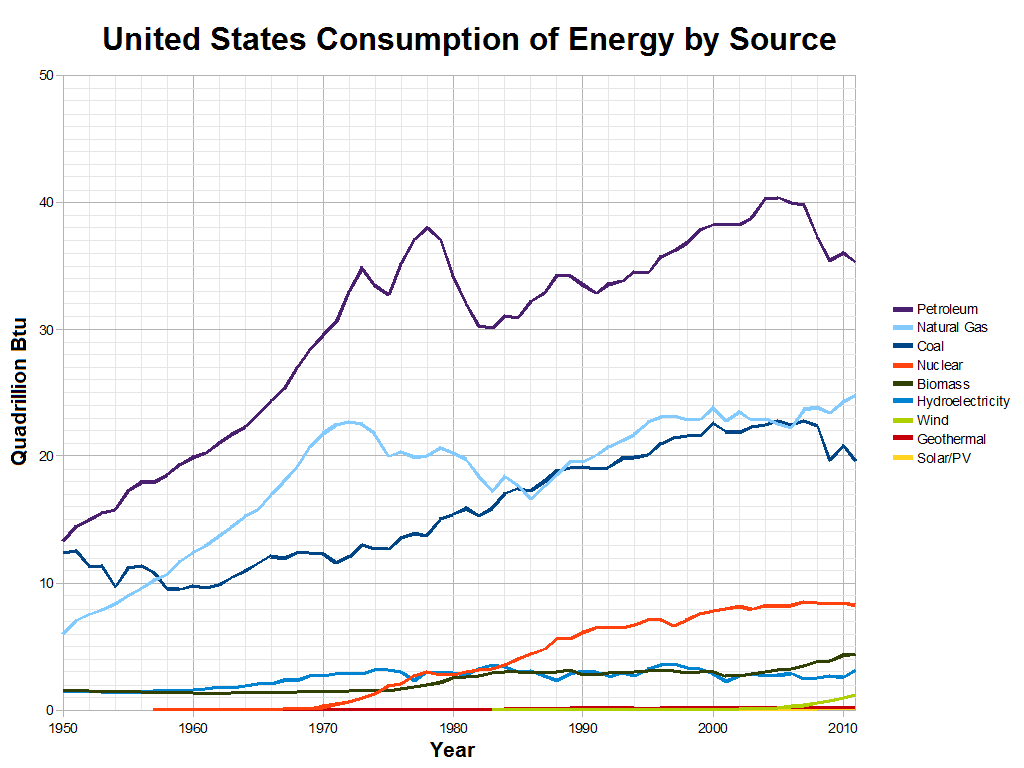
How can U.S. politicians call for energy independence and ending reliance on foreign oil when the U.S. produces just over 8 million barrels of oil per day domestically and has less than two and a half percent of the world’s proven oil resources?
How can the U.S. government be more truthful in telling the American public about the country’s future energy consumption — knowing that the GCC countries have 40 per cent, and other Arab and Middle Eastern countries account have an additional twenty-five to thirty-five percent, resulting in the two together accounting for nearly seventy percent of the world’s proven energy reserves?
How would Americans be impacted if the U.S. were to end all energy imports?
How can alternative U.S. energy resources be utilized to replace or supplement America’s insatiable thirst for oil?
How are the GCC states progressing in their research and development of alternative energy sources?
How might the construction and maintenance of entirely new cities like Masdar in the UAE Emirate of Abu Dhabi serve as models for the building other new urban centers from scratch and the implementation of best practices regarding conservation?
How will the continuous rapid growth of energy demands of China and India affect the global energy mix and prices for U.S. consumers?
How, taking into account differing American and Arab analyses, is one to analyze the policy-related impacts, if any, of the ongoing global economic recession on the Arab oil producers?

How soon, factoring in Arab viewpoints, is the recurring American official emphasis on the development of alternative fuels likely to begin to make a significant impact on the overall U.S. economy — and, when and if it does, what impact, if any, is it likely to have on the relations between Arab oil producers and the United States?
How might switching to greater reliance upon natural gas to meet the energy needs of the United States, on one hand, and Arab countries, on the other, impact their respective overall fuel requirements and prospects for economic growth?
How plausible is the view that greater consumer conservation practices, the discovery of low-cost shale gas resources, the political power of environmental groups, the additional sources of supply coming on stream, will either separately or in concert affect demand in ways that prices will stabilize?
How will recent technological breakthroughs, which have significantly increased U.S. natural gas supplies, impact the United States, the Arab gas producers, and the international energy market?
How will the emergence of Liquefied Natural Gas (LNG) affect the energy production picture among major energy suppliers in the Arab world and elsewhere, including the United States, and how will it likely affect global energy markets?
How might the current U.S. administration’s emphasis on shifting from reliance upon fossil fuels to alternative and renewable energy sources impact future American and other foreign energy investment in the Arab world, on one hand, and future Arab investment in the United States, versus other economies, on the other?
POLICYMAKING CONSIDERATIONS REGARDING REIONAL GEOPOLICAL DYNAMICS: Iraq and Syria
How might Iraq proceed to effectively handle its relations with Tehran in light of the ongoing region-wide tensions stemming from Iran’s nuclear program, its controversial claims to, and in three instances occupation of, various Arab islands and maritime borders, and its interference in what many Arab countries argue are quintessentially Arab-centric affairs?

How would a variety of possible future maps of Syria look if separatist and other extremist anti-status quo groups attempted to and succeeded in dividing Syria into multiple political entities if not new countries?
How, given these kinds of possible Syria-centric scenarios, might one rank these yet-to-be-achieved alternate maps of Syria in order of probability?
How does non-Arab Turkey view the strategic and geopolitical dynamics and implications of the non-Arab Kurdish issue in the Arab countries of Iraq and Syria? How does this compare to Iraq’s and Syria’s views?
How, if at all, does Israel stand to gain from the conflict in Syria?
How comparable in terms of a near-term major strategic realignment of the Middle East is the Syrian crisis to a war in Lebanon as it pertains to Israeli settlements and illegal expropriation and exploitation of Syrian land and water resources in Syria’s resource-rich Golan Province?
How likely is it that the middle class cum professionals among Syrian dissidents, who oppose the Al-Assad regime from their newfound status as refugees and displaced persons within and outside the country, will be able to regain a semblance of the power and privileges they enjoyed before they fled?
How, taking into consideration Arab viewpoints and interests, might the restoration of Iraq’s potentially robust energy industry, alongside the process of granting concessions to foreign oil companies, be expected to proceed given the near and longer term security situation on the ground?
How can one realistically envision what many of the members of the League of Arab States wish to see occur far sooner than has occurred to date: namely, the reintegration of Iraq into the Arab world in such a way that it could begin to play a role commensurate with its heritage, history, and potential?

How, given the paltry number of Arabic speakers among American personnel assigned to the planned 1,000 person American embassy in Baghdad and similarly small numbers attached to the provincial reconstruction teams, can the United States expect to succeed in achieving its most important strategic objectives in Iraq?
How, especially, when communicating relies so heavily on Iraqis willing to interpret for the Americans and, for that reason they, and to an even greater extent the Iraqi security forces the Americans are trying to train, are viewed by many Iraqis as having aided the United States, the one country more than any other whose forces invaded and occupied their land?
How, in light of persistent attacks on Iraqi, American, and other security forces in Iraq, can one envision Iraq regaining the degree of national sovereignty, political independence, and territorial integrity, that it manifested prior to the American invasion and occupation?
How, if at all, can the United States be expected to disprove the observation among numerous Gulf Arabs and international strategic analysts farther afield that “The United States attacked Iraq and Iran won — without firing a single shot or shedding a drop of blood”?
How, taking Iraqi nationalist and other Arab viewpoints into account, can the United States, having encouraged, nurtured, and protected the creation of a de facto sovereign autonomous region of non-Arab Kurdistan, avoid the establishment and recognition of a nationally sovereign, politically independent, and territorially intact State of Kurdistan and, instead, encourage and help achieve the reintegration of the Kurdish region into a truly unified state of Iraq?
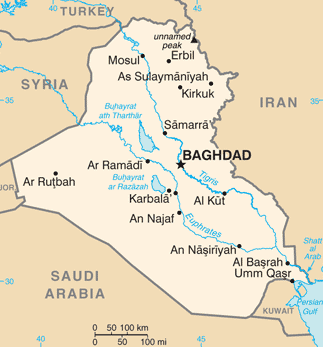
How, with a view to Iraq’s fellow Arab countries and/or the United States, the European Union and its member states, and others currently providing assistance, can one envision the coming generation of Iraqi leaders of tomorrow benefiting from the best training and education possible?
How, especially, given that Iraq, seen through the lens of many Americans, Iraqis, other Arabs, and much of the rest of the world, has been and still is wracked by violence, insecurity, and improved but still questionable political stability ?
How can the U.S. succeed in achieving its long-term strategic objectives in Iraq given the limited number of American personnel in the country? (A recent mainstream media report cited the number of American defense-related personnel in four Gulf countries, whether in military uniform or in civilian dress, as 3,000 in the UAE, 9,000 to 11,000 in Bahrain, 16,000 in Iraq, and 33,000 in Kuwait).
How can the U.S. achieve maximum long-term strategic value — and/or reverse the massive and pervasive damage to America’s political and moral standing in the Arab world and elsewhere — from its costly invasion and occupation of Iraq?
How might the growing prominence of the Kurdish population in Iraq and Syria influence the actions and decision-making of the governments in Bagdad and Damascus?
How does the conflict in Syria influence the decision-making of Iraq’s Prime Minister Nuri al-Maliki?
How, in consideration of such official American oft-repeated virtues as respect for the “Rule of Law,” application of the principles of “Accountability,” and taking “Responsibility” for wrongs committed by American officials, has the United States fared in light of the behavior of components of its armed forces in Afghanistan and Iraq (e.g., the U.S.-run prisons at Abu Ghraib and elsewhere in Iraq and at Bagram Airbase and elsewhere in Afghanistan?
POLICYMAKING CONCERNS RELATED TO REGIONAL GEOPOLITICAL DYNAMICS: Arab North Africa
How viable is the incremental approach to reform in which power is being redistributed through constitutional reform and amongst coalitions involving militaries (Egypt), political parties (Tunisia, Morocco), and new political positions (Morocco) in comparison to other types of change such as top-down reform seen in some Arab monarchies or revolutions?
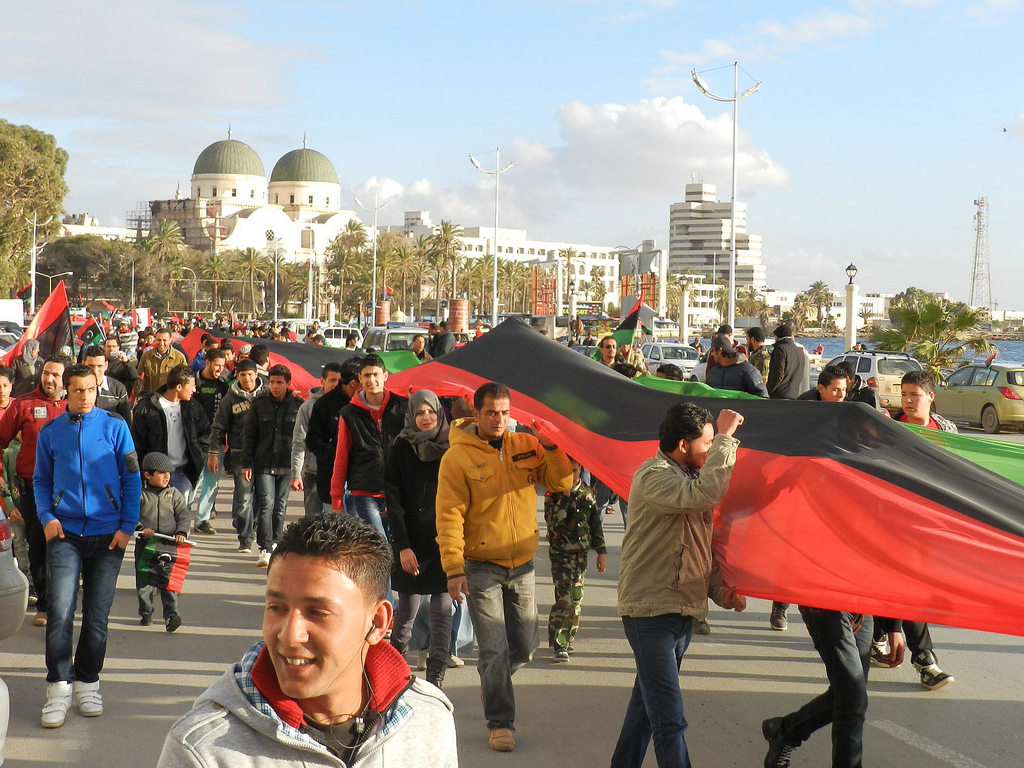
How might political reforms in North Africa, in which civic participation has played a prominent role, serve as a model to the GCC states for development and progress?
How, in spite of its geographical location, can Arab North Africa be better integrated economically into the larger Arab world in order to achieve greater economic and social parity in terms of living standards throughout the region?
How might the GCC and its member states take a more proactive approach in promoting regional cooperation with states beyond the GCC to accomplish the above goal?
How do Morocco’s Mohammed VI’s economic interests in such areas as food distribution, cement production, and phosphate mining, from which he directly benefits, impact fiscal stability in the kingdom and affect anti-corruption efforts initiated by actors such as the Islamist Party for Justice and Development?
How, in light of the momentum of revolutions and reform movements in North Africa, can interim, transitional, or recently elected governments avoid falling prey to the allure of power and wealth, thereby causing their countries to relapse into states laden with examples of corruption instead of bringing about measurable political, economic, financial, and social progress?
How will the power struggle between the Supreme Council of the Armed Forces and the Muslim Brotherhood in Egypt, with the former reluctant to cede power to the newly-elected Egyptian government, and Washington’s concomitant focus on the powerful elites and their degree of commitment to the peace treaty with Israel, play out on the streets where the vocal Egyptian population incited the revolution that toppled Mubarak only last year?
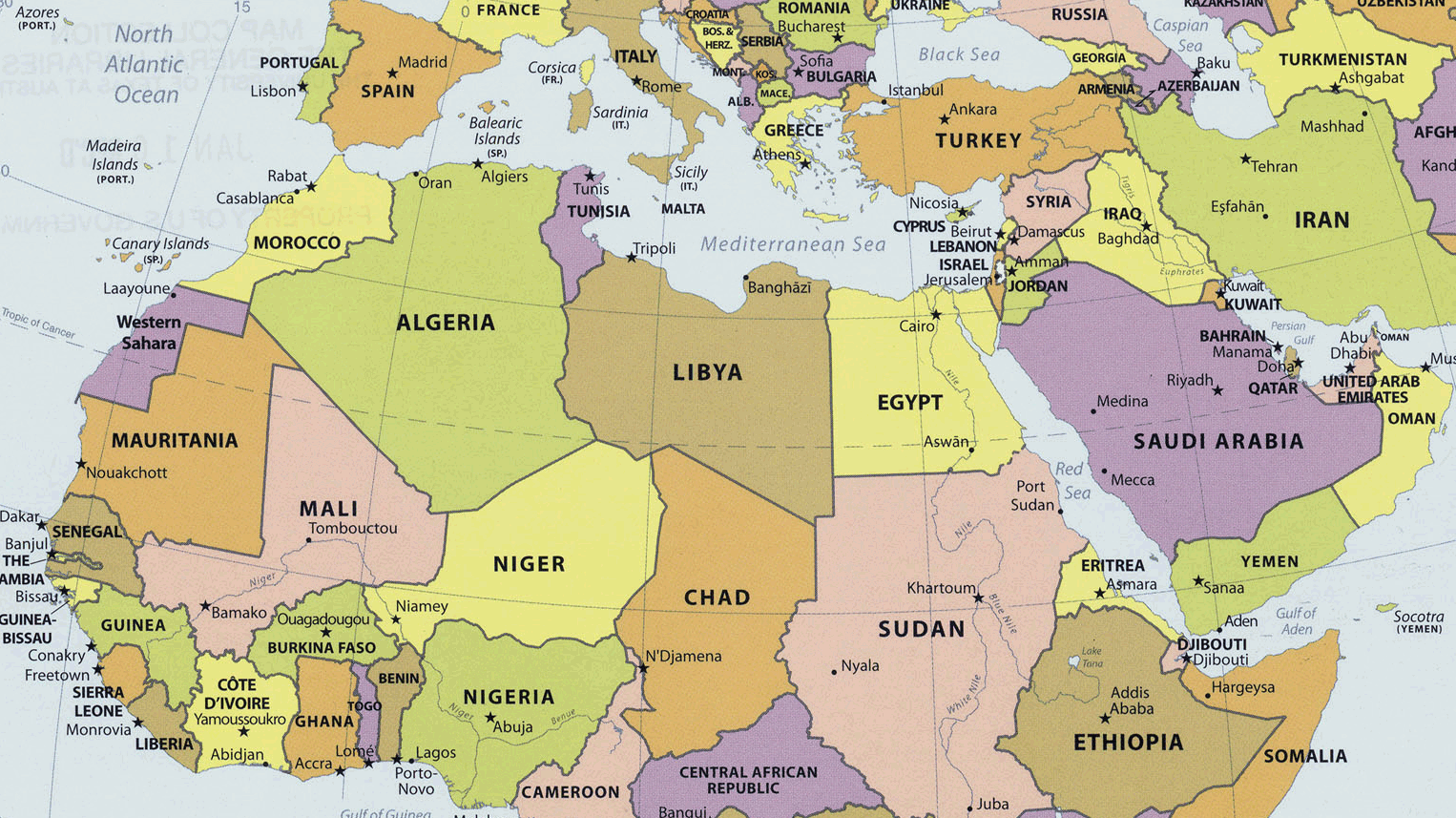
How will the historically strong defense cooperation partnership between the United States and Egypt be impacted by the newly-elected Islamist party-led government in Egypt and what, if any, changes will there be to the US-Egypt defense relationship and the kinds and amounts of American military and financial aid to Egypt?
How can Libya, in spite of its political and intra-regional instability and ongoing issues related to separation movements, illegal immigrant populations, and questions about its oil capacity, inspire confidence in American and other foreign investors eager to do business in the country and consequently enhance its economy?
How can, given the sentiments of Arab North Africa and Egypt’s citizens toward US domestic politics and foreign policy in the region, education, including cultural exchanges and study abroad programs going in both directions, be utilized as a tool for diplomacy?
POLICYMAKING CHALLENGES PERTAINING TO REGIONAL GEOPOLITICAL DYNAMICS:The Palestinian Future
How could the Palestinian leadership secure access to an adequate amount of natural and agricultural resources and harness those resources to rebuild the Palestinian economy in a way that could sustain possible statehood?
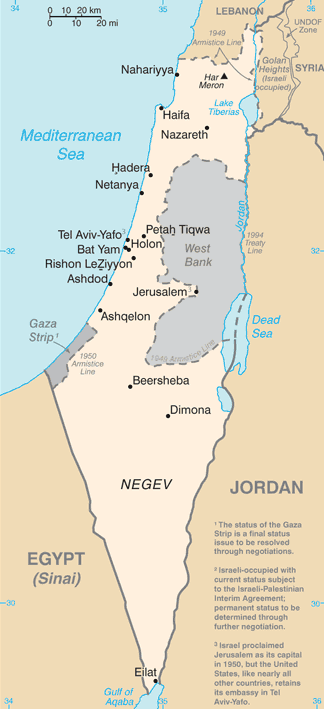 How can Arab states contribute to Palestine’s effort to secure international recognition as an independent state?
How can Arab states contribute to Palestine’s effort to secure international recognition as an independent state?
How might the upcoming American elections affect the peace process and in what ways might the next administration impede or support the peace process?
How might the new political trends in the Arab world affect the prospects of stability and peace in the Occupied Territories, including Jerusalem in particular?
How might the ongoing Israeli blockade of the Gaza Strip be brought to an end without pressure from the American administration?
How will the freeze on U.S. Aid to Palestine affect prospects for peace and stability and what measures will have to be taken, either by American diplomats or by Arab and Palestinian diplomats, for Congress to resume the allocation of aid to Palestine?
How can the Palestinian leadership secure the recognition of an independent Palestinian state if it is stymied from pursuing a bid for statehood through the United Nations General Assembly?
POLICYMAKING OPPORTUNITIES AND LESSONS LEARNED FROM REGIONAL GEO-POLITICAL DYNAMICS: The Arabian Peninsula (GCC Countries and Yemen)
How can the GCC overcome delays and differences of opinion regarding the implementation of its 2003 customs union agreement, such as bilateral free trade agreements with non-GCC countries and customs revenue-sharing, in order to achieve stronger economies and obtain a more favorable position in global trade arrangements?
How can the GCC learn from the EU crisis and achieve a successful monetary union without the participation of all six GCC members?
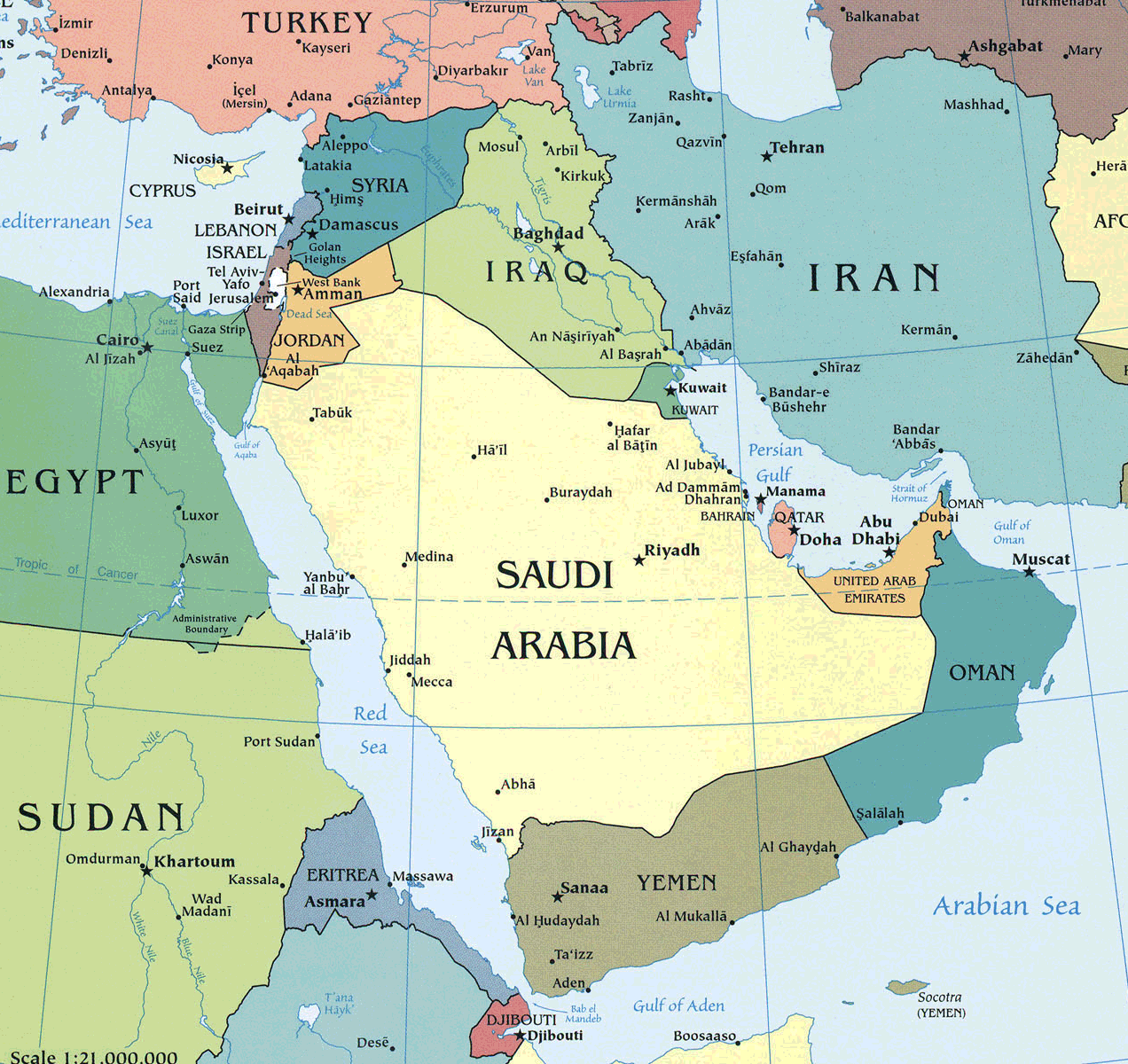 How likely will the GCC be able to transform itself into a Gulf Union based on its members’ common culture and identity, commitment to free trade, and collective security concerns, which by many accounts would lead to more effective systems of deterrence and defense, enhanced prospects for economic prosperity, and increased influence in the international community, in spite of setbacks and differences among its six members?
How likely will the GCC be able to transform itself into a Gulf Union based on its members’ common culture and identity, commitment to free trade, and collective security concerns, which by many accounts would lead to more effective systems of deterrence and defense, enhanced prospects for economic prosperity, and increased influence in the international community, in spite of setbacks and differences among its six members?
How can the GCC achieve greater economic diversity over the coming decades based on a more unified strategy while the strategic and monetary value of hydrocarbon and petrochemical exports is likely to remain so lucrative?
How can Saudi Arabia use its size and influence to maintain momentum towards greater GCC integration without unduly imposing upon the needs and concerns of the smaller GCC members while ensuring appropriate autonomy for each member.
How should the GCC enhance/change/reform/maintain the Peninsula Shield Force for defense and possible internal security uses in the face of external threats, domestic unrest, and dependence on foreign, particularly American, military might?
How, if at all, might the GCC’s experience in helping to restore security in Bahrain in 2011 result in shifts in security arrangements and relations among the GCC member countries?
How might the GCC be expected to maintain law and order and defend itself should Iran obtain nuclear weapons capabilities?
How, if at all, might the common religious, historical, and governmental identities of the GCC member countries change as a result of the political turmoil and the change in leaders in four Arab countries and continuing domestic dissent elsewhere in the Arab world over the past two years?
How can the GCC countries be expected to maintain fair opportunities for the large expatriate workforce in the Gulf region, particularly as the GCC further integrates and increases the free movement of its own laborers between and among the GCC’s member-states?
How can the GCC maintain stability and good relations with Iraq, as that country moves into a post-occupation period dominated by Shi’a-affiliated political forces?
How can Yemen, despite being continually thwarted in its desire to be included in the GCC as a full member, collaborate with GCC members to rebuild its economy, increase security, unify the country, and alleviate impending water, energy, and food shortages?
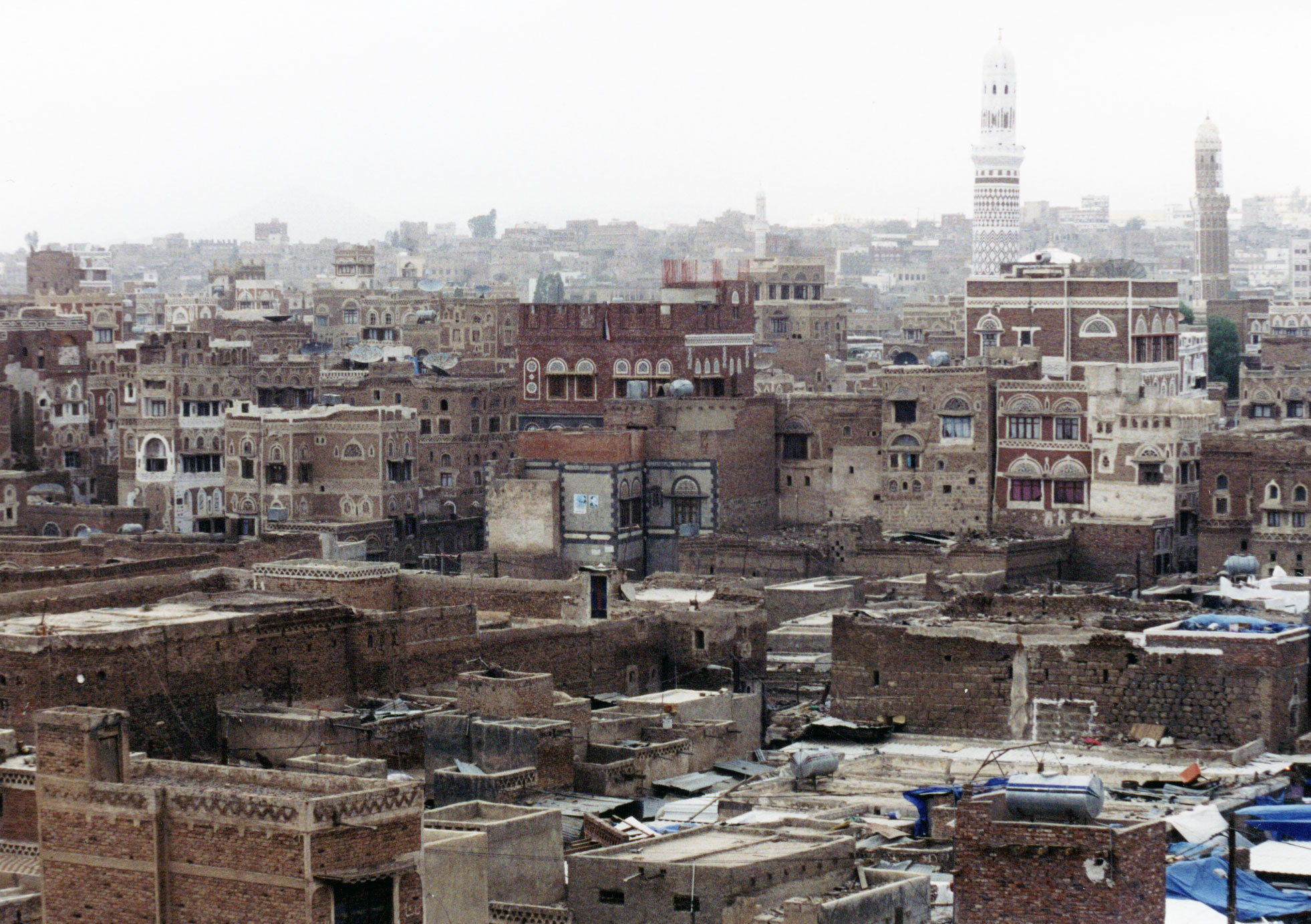
How likely is the new Yemeni government to be able to consolidate political and military power, despite challenges in these arenas from rebels and separatists in the north and south, rival political factions, uncertain military cohesion, and continued attacks from Al-Qaeda-affiliated groups?
How will the Yemeni government likely fare and how can the economy be rebuilt in the coming decade given that its most significant source of revenue, oil, is expected to be depleted by as early as 2020?
How can Yemen achieve stability and autonomy while U.S. unmanned aerial vehicles continue, admittedly, to fire rockets at targets within Yemen despite the questionable legal basis for such a program?
How might the United States be persuaded that its persistent drone strikes in Yemen risk producing the kinds of anti-American reactions and violence that have resulted from the use of drones in Pakistan?
How might the United States change its strategy in Yemen to more effectively promote stability without a significant presence of U.S. personnel on the ground?
How will the continuing deterioration of Yemen’s water supply affect U.S. and GCC efforts to bring stability to and promote growth within Yemen? And how is it that, after all these years in which the technology has been known and in use, the cost of desalination plants is still considered to be too high for countries such as Yemen?
How can the GCC countries more effectively use their resources to promote development not only within the GCC region but throughout the worldwide economy?
How can the GCC countries use their influence and resources to dissuade against a military strike by the United States and/or Israel against Iran, which would put the GCC countries and their infrastructure in harm’s way?
POLICYMAKING OPPORTUNITIES REGARDING BUSSINESS, FINANCE AND HUMAN RESOURCE DEVELOPMENT
How does America’s foreign policy in the Arab and Islamic worlds affect U.S. companies negatively and/or positively in their ability to conduct business in the region successfully?
How can U.S. companies become more competitive in the Arab world given the legal constraints they have no choice but to operate under that do not apply to other countries’ companies seeking business in the region?
How does the GCC contribute to regional economic stability?
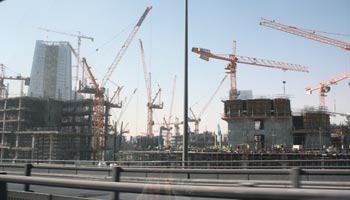
How important is a strong U.S. business presence in the Arab world in countering Chinese and Indian economic influence?
How, if at all, can sovereign wealth funds help to create greater employment opportunities in the United States?
How can the U.S. and the global community help to stabilize those struggling economies in Arab countries affected by domestic turmoil?
How can companies and governments in the Arab countries be expected to keep up with the demands of Arab graduates who are seeking employment in an already difficult job market?
How can sovereign wealth funds be used to address domestic challenges of unemployment and access to the labor market?
How are women leading innovation in the Arab world?
How can one best analyze the nature and extent of educational reform in the Arab world as a whole as it pertains to the status and role not just of women but also of men?
How far has the Arab world in general progressed since the publication several years ago of the United Nations’ widely circulated report on the Arab world’s various societal deficits, and where there have been successes, what are the reasons and how likely are they to be sustained?
How credible it is that in some GCC countries where there are significant employment challenges alongside educational and economic ones, many analysts seem to imply that, unless this major threefold challenge is addressed quickly and effectively, more social unrest than what one has already seen is inevitable and unavoidable?
AMERICAN AND ARAB POLICY SUCCESSES AND SHORTCOMINGS REGARDING THE REGIONAL GEOPOLITICAL DYNAMICS OF IRAN
How have sanctions affected Iran’s ruling class, or, stated differently, How has the impact of sanctions been felt by Iran’s decision-makers and has it changed their behavior in any meaningful way?
How might Iran be persuaded to allow sufficient inspection of its nuclear program to satisfy American and Israeli concerns? Alternatively, how might Americans and Israelis be persuaded to uphold the Golden Rule by ceasing to demand of Iran that which neither country would allow Iran in terms of Iran being permitted to have sufficient inspection of America’s and Israel’s programs for destabilizing and threatening Iran?
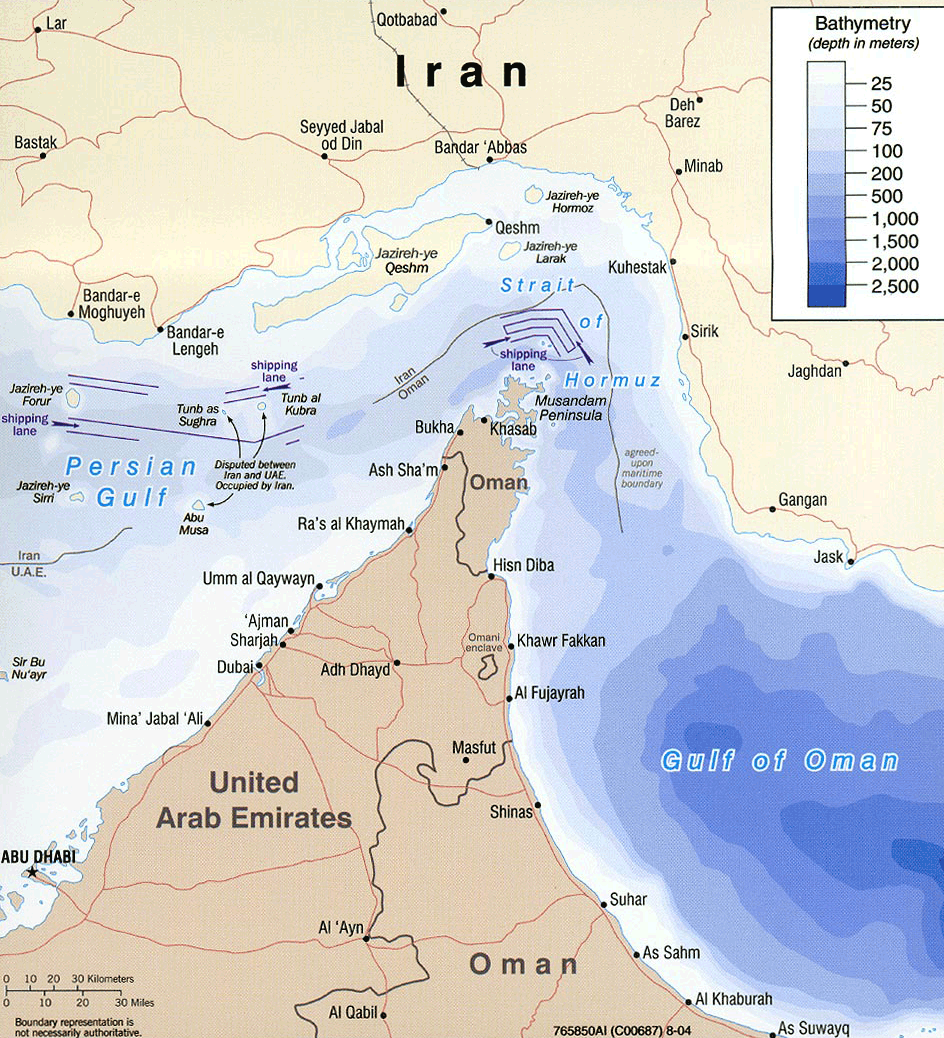
How might an attack by Israel or the U.S. be averted?
How, if at all, might Iranian President Mahmoud Ahmadinejad’s successor be expected to change Iran’s decision-making, actions, policies, and positions on the international stage?
How, whether or not in concert with Iran’s numerous Arab neighbors, can one realistically expect to persuade Iran, short of providing it sufficient incentives, to forego those components of its current path of nuclear development that, if unchecked, may eventually provide it the technology, material, and capability to manufacture a nuclear weapon?
How realistic, given that the capitals of Iran’s seven Arab neighbors all have their own issues with Iran, is it to expect that Washington will likely be able to re-set its relations with Tehran without upsetting or impinging unduly upon the strategic, economic, political, commercial, defense/national security and related interests of Iran’s Arab neighbors?
How, if at all, and taking into account the needs, concerns, interests, and objectives of Iran’s seven Arab neighbors, can the Obama administration realistically be expected to begin serious negotiations with a view to improving Iranian-U.S. relations?
How especially when United States policies, positions, actions, and attitudes towards Iran remain anchored in the belief that Iran remains an active supporter of parties, movements, and acts of extremism deemed inimical to Israel, the United States, and potentially Iraq and one or more GCC countries ?
How realistic, with or without Arab encouragement or acquiescence, is it to envision possible additional U.S.-led UN Security Council sanctions against Iran being enacted and, if so, what would be the likelihood, if any, of their leading to anything indicative of an imminent breakthrough in the Obama administration’s stated strategic objective of engaging Iran positively with a view to accentuating the common interests of the two countries?
How can the United States and Iran’s Arab neighbors continue to live with the “porosity” of the existing American-initiated sanctions against Iran when so many countries, American allies among them, continue to circumvent the spirit and letter of the sanctions for reasons related to their legitimate national economic, commercial, and other interests?
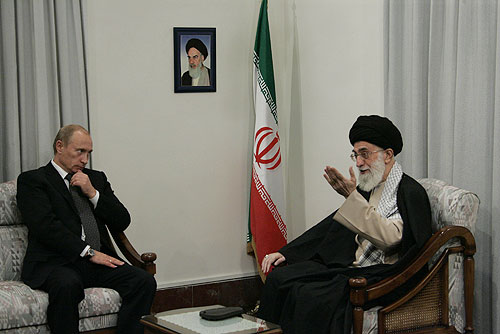
How, given that many Arabs have relatives in Iran and as many have important trade relations with it as well, can economic sanctions be made effective in a manner that influences Tehran’s policymakers and regime leaders without endangering the general population and creating more public resentment against the United States and its policies than has already occurred?
How should the United States, and also the Arab world, react to Israel’s implied threat of unilateral military force against alleged Iranian nuclear targets?
How should the United States and Iran’s Arab neighbors deal with Iran’s nuclear development program if stringent sanctions prove ineffective?
How credible is the view of some that the use of military force against Iran is inevitable, or must Iran’s Arab and other regional neighbors plus the world at large learn to live with a nuclear Iran?
How different, if at all, would one expect a Romney Administration to act against Iran in comparison to the approaches thus far of the Obama Administration?
